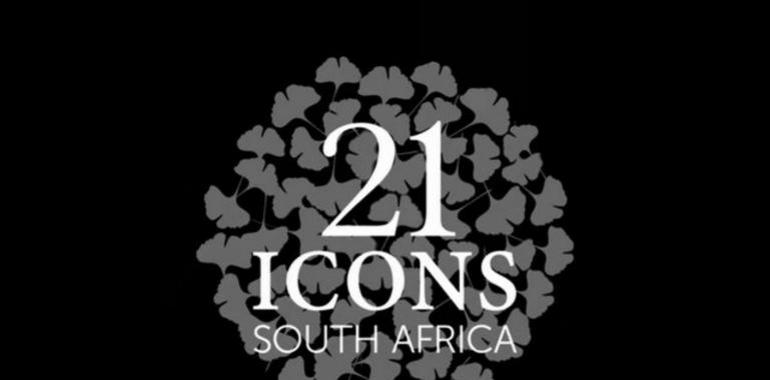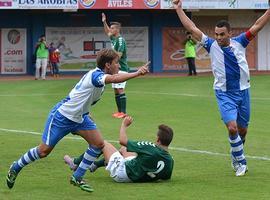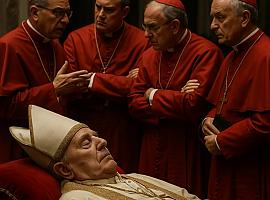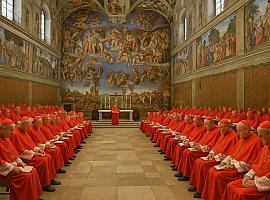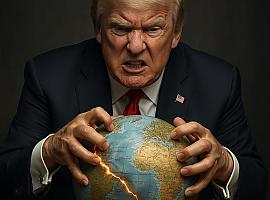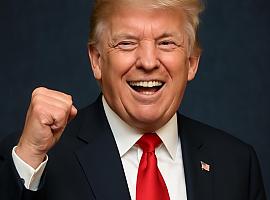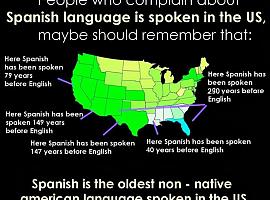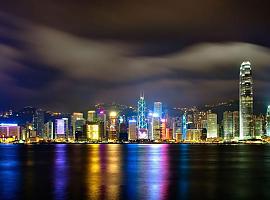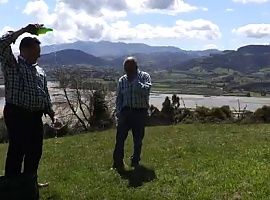On Sunday, August 25 21 ICONS South Africa will feature veteran social justice and environmental activist Kumi Naidoo. The first African director of Greenpeace International, the 48-year-old Naidoo is an active and engaged citizen of the world, civilly disobedient in the face of injustice wherever he finds it. As he tells the 21 Icons South Africa team: “If there is one thing that history teaches us about how change happens, whether you’re talking about slavery, colonialism or women’s right to vote … those struggles only move forward when decent men and women step forward and say enough is enough and no more. We are prepared to put our lives on the line, if necessary. We are prepared to go to jail, if necessary.”
For the portrait, photographer Adrian Steirn instructed Naidoo to stand defiantly upright in a Zodiac inflatable boat, surrounded by nature in a forest, for whose preservation on a global scale he fights every day. The image speaks of a man who would go to the end of the Earth to stand up for what he believes in.
“The final portrait really works for me,” says Steirn. “It says everything about him. He is an activist, a strong man, there for what he believes. And that’s exactly what I wanted.”
The proceeds of the sale of the original, signed portrait will be donated to Food and Trees for Africa, which develops, promotes and facilitates greening, climate-change action, food security and sustainable natural resource use and management.
For Naidoo, his environmental agenda is closely connected to the alleviation of poverty through the promotion of sustainable agriculture and opposing the genetic manipulation of our food system, which would ultimately harm the poor the most. He is a vocal opponent of a world economy based on dirty fossil fuels and the powerful oil, gas, coal and nuclear energy industries that hold the environment — and humanity — to destructive and greedy ransom.
But, like many of his peers, Naidoo’s life as an activist started in politics, specifically, the fight against apartheid South Africa’s unequal education system. Naidoo was 15 when, in 1980, he took up the cause to mobilise his fellow pupils and community members to fight the oppression of black people through inferior education. He considers himself to be an accidental activist, saying he became involved not because he was “special”, but because circumstances demanded it. “All we understood was that the education we were receiving in school was inferior, that white kids received a substantially better education than black kids did, and we felt that that was wrong and we needed to stand up.” It led to his expulsion from school and him being hounded by the apartheid forces, but he managed to continue his education. Eventually he got a scholarship from Oxford University and, in 1987, while on trial for violating the state of emergency, left for exile and study in England.
Upon his return to South Africa after Nelson Mandela’s release in 1990, Naidoo made a crucial decision: he turned his back on politics and declined a job as head of the ANC’s media production division, offered to him by one of his heroes, Walter Sisulu. Instead, he became increasingly involved in civil society activism initiatives such as adult education and literacy — “I realised that education was central to releasing the potential that people have.”
Still, he agreed to be the national director of training for the Independent Electoral Commission in 1993, before South Africa’s first democratic election the following year, as well as its official spokesperson. Since 1996 he has been closely involved in the Civicus World
Alliance for Civil Participation, first as secretary-general and CEO and then as honorary president, and he was also the executive director of the South African National NGO Coalition from 1996 to 1998. He has held senior positions in global campaigns against poverty and climate change, has gone on a hunger strike in solidarity with the brutalised people of Zimbabwe, and has been an outspoken campaigner for women’s rights and gender equality. As he tells the 21 ICONS South Africa team: “You have to have the confidence that history will judge that the positions that you took — the causes that you championed — were probably right.”
His activism has gone far beyond talking about problems – he is a man of direct action. He threw himself whole-heartedly into the fight against apartheid and inferior education for blacks and ended up being harassed by police, arrested and having to go underground. And many years later, in June 2011, he would physically scale an oil rig in an attempt to halt reckless drilling in the Arctic and deliver the names of 50 000 people who asked oil company Cairn to release its secret oil-spill response plan – which was said not to exist.
As he says: “Most of the struggles that I’ve been involved in has had a direct service component, you know, trying to deliver concrete things to real people on the cliff of despair but always having a systemic change component to it.”
A champion for humanity — for us — to live in balance with nature and care about the world’s poor and vulnerable, Naidoo seeks to embrace opportunities to make these issues two sides of the same coin.
He defines an activist thus: “An activist challenges the status quo. He’s not willing to accept that deficits in democracy, in healthcare, in environmental protection and so on are acceptable, and he seeks to actually mobilise public opinion, put forward a proposition for change and fight for those visions for change.”
PROGRAMME SYNOPSIS
Kumi Naidoo discusses with filmmaker Adrian Steirn his belief that questioning the status quo is the fundamental expression of democracy, how his mom, who committed suicide when he was 15, had exerted the influence to shape him into the person he became, and why he has confidence in his choice of causes he supports.
